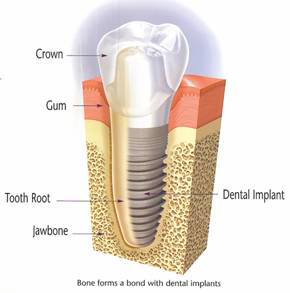I have some questions. I just had a dental implant removed. It was only placed six months ago. Unfortunately, my dentist suspected the bone wasn’t filling in correctly. During the implant surgery he did perforate the sinus cavity by several millimeters but said that it didn’t have any bearing on the implant and that sort of thing is fairly normal and happens all the time. After the removal he told me it was super easy to remove because there was no integration with the bone at all. He said to use Flonase and don’t blow my nose. The perforation was cleaned up but not repaired. He said it would heal on its own and once that happens we can start again.
I ended up with a pretty bad infection after that, which I eventually received antibiotics for. Should he have given them to me to begin with? And, will that prevent me from getting a dental implant after it is healed?
Mary
Dear Mary,
I am sorry this happened to you. The lack of antibiotics to begin with is okay as long as there was not any sign of infection. There are two bigger issues here. First, is the perforation of the sinus cavity. While it does sometimes happen, it is far from normal and does not happen all the time. Additionally, a few millimeters is huge in the dental field. It makes me wonder what type of diagnostics he did before your procedure. There should have been a series of x-rays including three dimensional ones, such as a CT scan.
A second issue is the lack of osseointegration, meaning the bone integrating with the dental implant. This is essential for any successful outcome. Before you allow this dentist to do anything else in regard to another dental implant, he needs to give you a good reason for the failure of the first one.
I am a bit concerned that your dentist does not have adequate skill and training when it comes to dental implants. This does require post-doctoral training and not every dentist invests in enough to really develop the skill they need for this.
None of what happened will prevent you from getting another dental implant, but you will need some bone grafting done first in order to ensure you have enough bone to retain the implant.
This blog is brought to you by Lexington, KY Dentist Dr. Fred Arnold.

